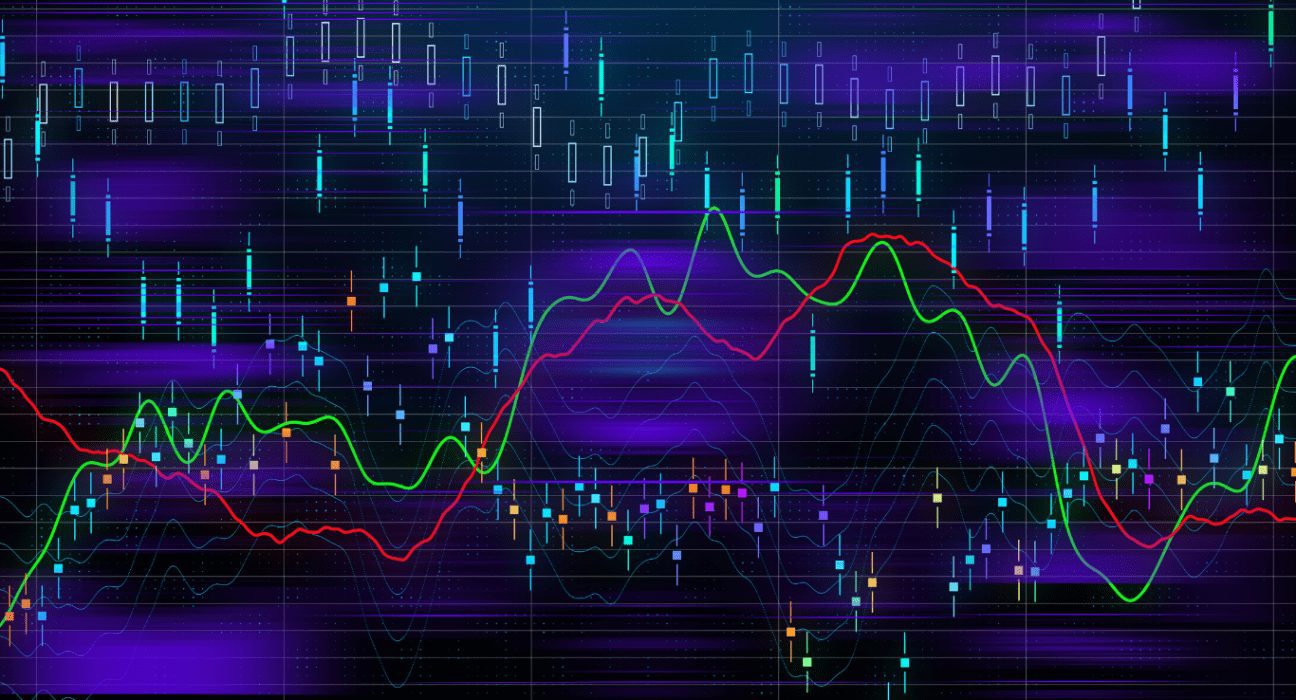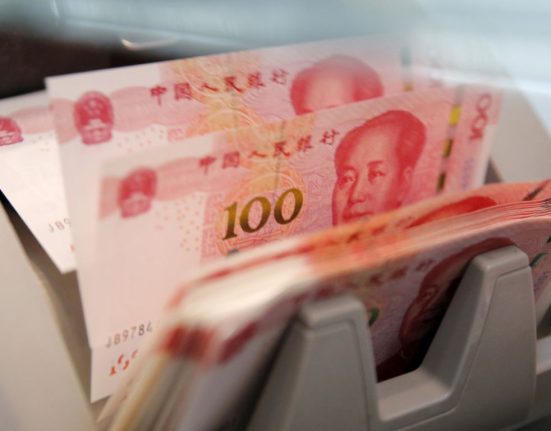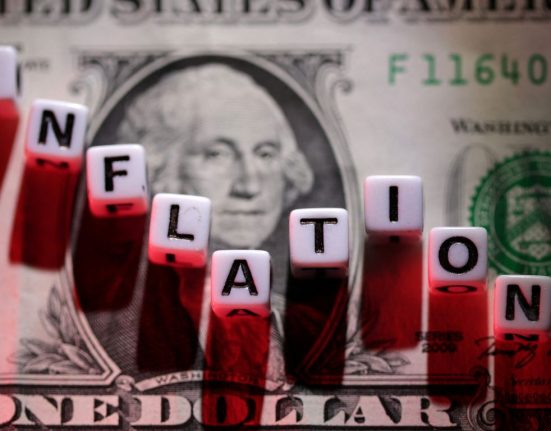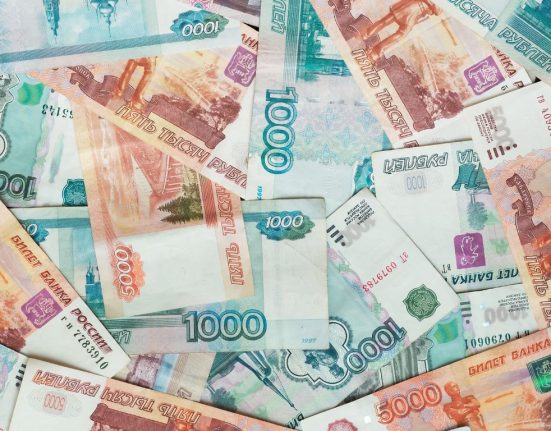Introduction
The currency exchange market is one of the largest and most liquid financial markets in the world. It enables international trade and investment, and exchange rates–the value of one currency in relation to another–fluctuates due to macroeconomic events such as inflation, monetary policy, and economic growth. In this article, we will examine how macroeconomic events affect exchange rates and provide tips on staying informed about such developments.
The Impact of Macroeconomic Events on Exchange Rates:
Macroeconomic events can significantly affect exchange rates, causing fluctuations in currency values. The following are examples of such events:
- Inflation:
Inflation is a sustained increase in the general price level of goods and services in an economy. When inflation is high, central banks will generally increase interest rates to combat the inflation. Higher interest rates can attract foreign investment and boost a country’s currency; however, low inflation and interest rates can lead to a decrease in the value of a currency.
- Monetary Policy:
Monetary policy is the actions taken by a country’s central bank to manage the supply of money and interest rates. A central bank can either tighten or loosen monetary policy, which affects its nation’s currency by attracting foreign investment or decreasing its value.
- Economic Growth:
Economic growth refers to the increase in a country’s gross domestic product (GDP) over time. A strong and growing economy is more likely to attract foreign investment, boosting its currency; conversely, a weak economy may experience a decrease in the value of its currency.
- Political Stability:
Political stability and uncertainty can also affect exchange rates. Investors may become wary of investing in a country’s currency if it is unstable politically, causing its value to decrease. Conversely, a stable political environment boosts investor confidence and increases the value of a country’s currency.
- Natural Disasters:
Natural disasters such as hurricanes, earthquakes and tsunamis can affect exchange rates. Disruptions to a country’s economy caused by these events can lead to a decrease in the value of its currency.
Staying Informed:
To keep abreast of the effects of macroeconomic events on exchange rates, it is vital to follow relevant news sources and data. A few tips for doing so are outlined below:
- Follow Economic Indicators: Economic indicators such as gross domestic product (GDP), inflation and unemployment data can provide valuable insights into the economic performance of a country. Monitoring these indicators will help you anticipate changes in exchange rates.
- Subscribe to Newsletters and Alerts: Subscribing to newsletters, alerts and other information from reputable sources such as central banks, government agencies and financial news organizations can provide valuable insight into macroeconomic events and their impact on exchange rates.
- Use Trading Tools: Online trading platforms and applications provide traders with tools to stay abreast of exchange rates and relevant market insights, enabling them to make informed decisions. These tools serve as a valuable resource for traders seeking to maximize their returns through informed and strategic trading.
- Follow Industry Experts: Monitoring the perspectives and analysis of renowned industry specialists and market analysts can prove to be a valuable resource for gaining insight into the currency market and comprehending the ramifications of macroeconomic events. By following these experts via social media or subscribing to their newsletters, traders can remain up-to-date with the latest market developments and make informed investment decisions.
Conclusion:
In conclusion, a comprehensive impact of macroeconomic events on currency exchange rates is essential for anyone participating in the currency market. By staying informed through various sources and employing the strategies discussed in this article, individuals can gain a deeper understanding of the market and make informed investment decisions. However, it is important to remember that currency exchange rates are influenced by numerous factors and can exhibit high volatility. As with any financial market, caution should be exercised and a thorough understanding of the potential risks and benefits should be obtained before executing any trades. By staying informed and updated on macroeconomic events, traders can effectively navigate the currency market and take advantage of market opportunities.










